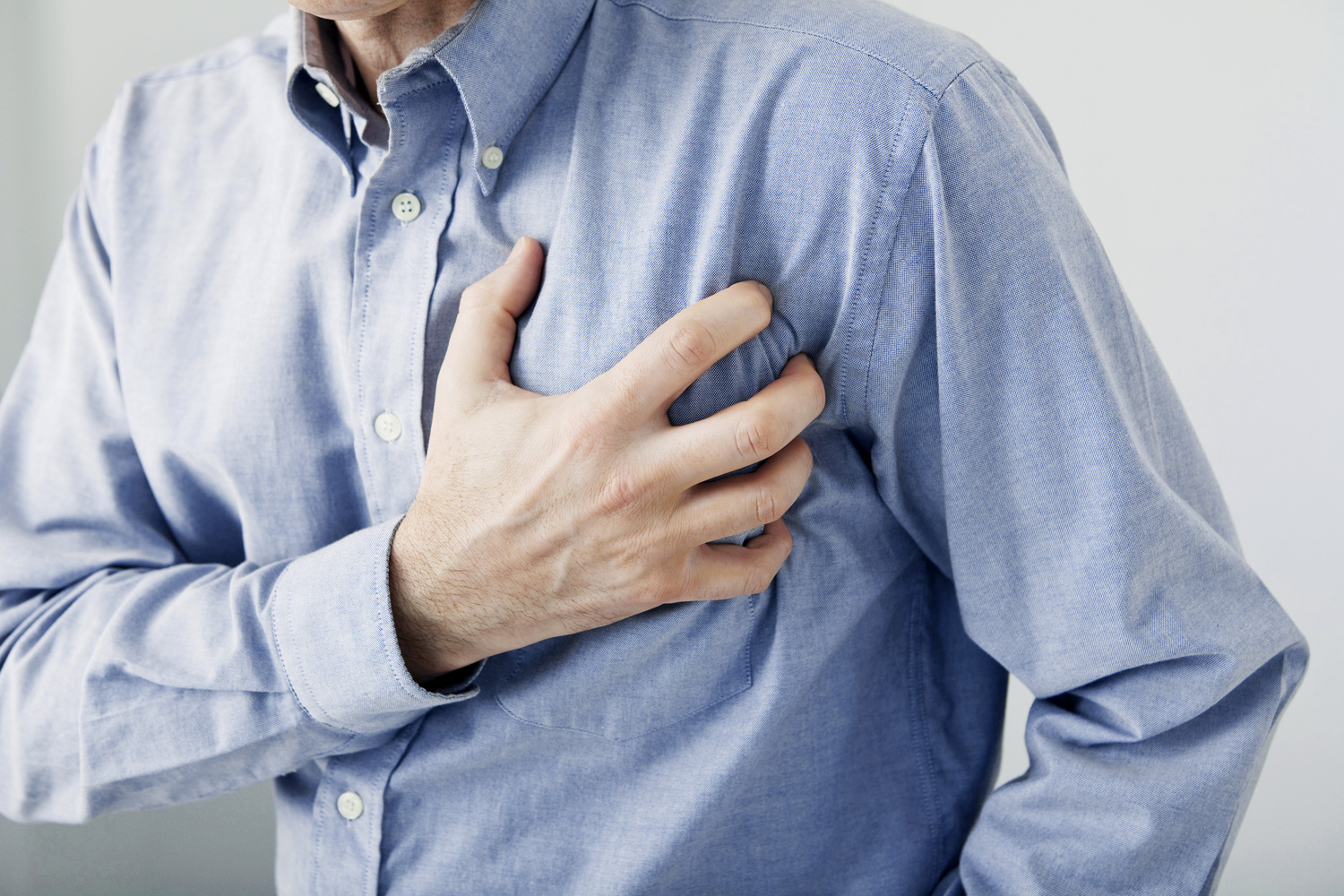Signs & Symptoms of Heart Attack
Heart attacks occur suddenly. They are usually caused due to an unnoticed morbidity that was long-standing. Although, by being aware of the symptoms and signs of heart attack, one can be well prepared in advance. Here are some signs and symptoms of heart attack:
Prevention is always better than cure; so if you have faced the below mentioned symptoms act now. Click on the Links above to get professional help on medication and treatments of Heart Attack for yourself and your loved ones.

1. Pain in the chest
This symptom is the easiest to identify. Chest pains associated with heart attack are usually sudden and in the sternal region. A pain in the left arm that radiates into the chest, jaw, back and neck also occurs. The chest pains associated with heart attack are not relieved by rest. The discomfort of the chest pain reduces suddenly and then reappears after some time. FDA has approved Amgen’s REPATHA to prevent Heart Attack and Stroke. People at Amgen are constantly looking for innovations to provide the best medications and treatments
2. Sweating
Profuse sweating happens in heart attacks due to the nerves being activated. The sweat that occurs during heart attacks is so much that it drenches the body – the skin becomes cold and clammy.
3. Shortness of breath
The shortness of breath associated with heart attack occurs suddenly, mostly after some kind of exertion, and doesn’t go away even when one is resting. A sudden occurrence of dyspnea is a common symptom of heart attack.
4. Palpitations
Feeling as if the heart is beating too fast or too hard is known as heart palpitations. This is comparable to how the heart races when one runs up the stairs. Heart palpitations are a common symptom of heart attack.
Indigestion: A feeling of nausea and indigestion mostly occurs before a heart attack. Burping and vomiting may also occur.
5. Lightheadedness
A sudden feeling of dizziness, as if one was going to faint, commonly occurs before a heart attack. Sometimes, there also may be momentary fainting.
6. Fatigue
A feeling of tiredness, which is not related to weakness, is a common early sign of heart attack. Fatigue occurs because the heart’s functioning has been decreased.















